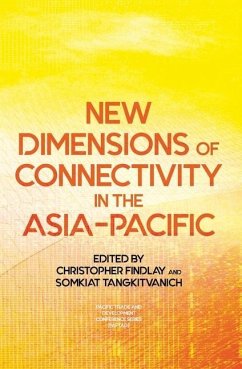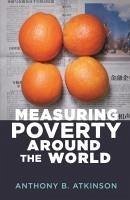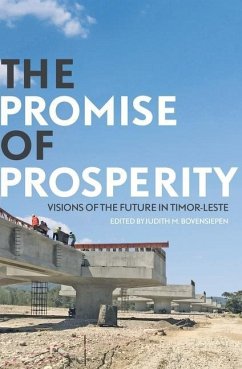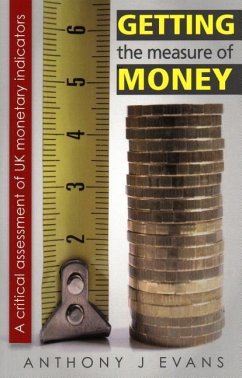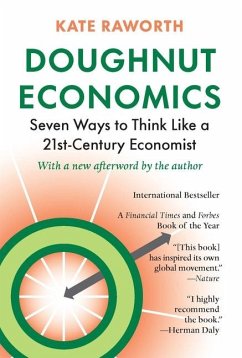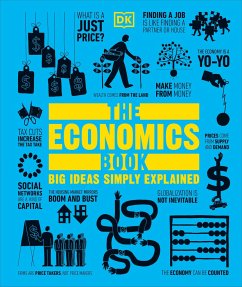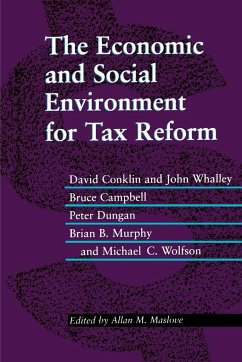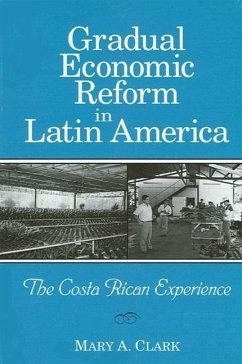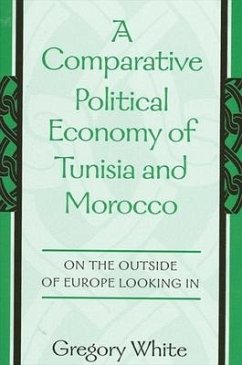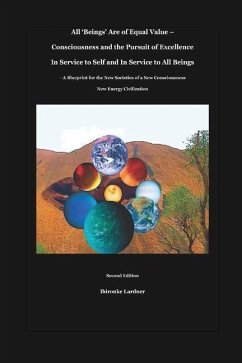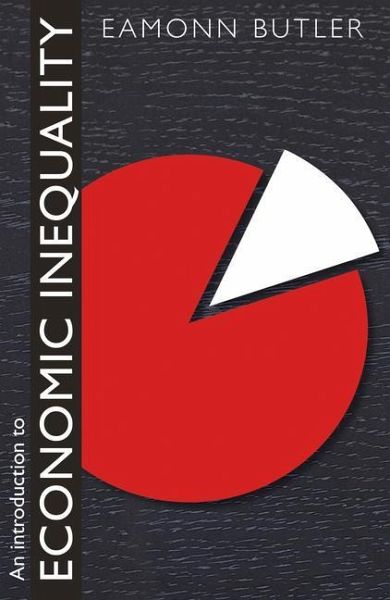
Introduction to Economic Inequality

PAYBACK Punkte
8 °P sammeln!
If you could instantly make the world’s poor twice as rich – but at the same time make the world’s rich twice as prosperous – wouldn’t you do it? This intriguing question lies at the core of An Introduction to Economic Inequality. Inequality has been blamed for many things, from causing lower life expectancy, poor education and political instability, to sparking more suicide, obesity, mental illness and murders. And the claim that the world’s richest 1% own 40% of the planet’s wealth – and that the rich keep getting richer – is regularly used to demonstrate its evils. But her...
If you could instantly make the world’s poor twice as rich – but at the same time make the world’s rich twice as prosperous – wouldn’t you do it? This intriguing question lies at the core of An Introduction to Economic Inequality. Inequality has been blamed for many things, from causing lower life expectancy, poor education and political instability, to sparking more suicide, obesity, mental illness and murders. And the claim that the world’s richest 1% own 40% of the planet’s wealth – and that the rich keep getting richer – is regularly used to demonstrate its evils. But here author Eamonn Butler challenges this widely accepted narrative. Are we, he asks, posing the right questions? Don’t the vagaries of life dictate that people are separated by different abilities, different choices, different risks, and different luck? And should equality even be a goal in itself? Butler contends that we should instead address the real social, economic and political problems that seriously harm the lives of the poor. Fixing failing schools, he says, would do more to boost mobility and equality than any amount of income redistribution. And he argues that focusing on inequality loses sight of what’s truly important: not that everyone should be equal, but that everyone should have access to a decent standard of living. This clear-sighted yet concise critique makes for a compelling and constructive contribution to the debate on one of the 21st century’s most emotive topics.




